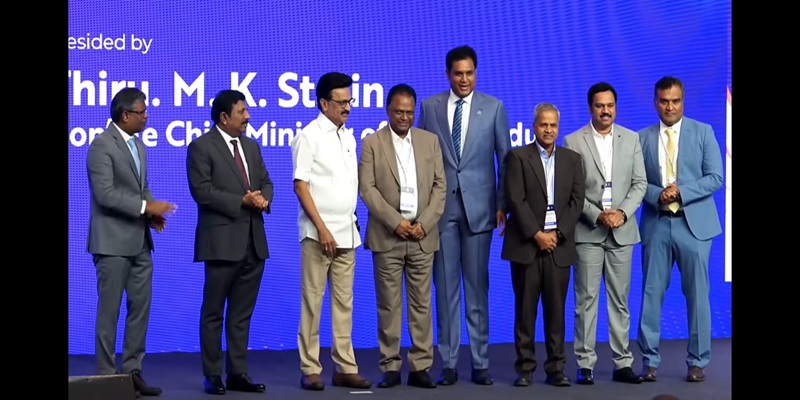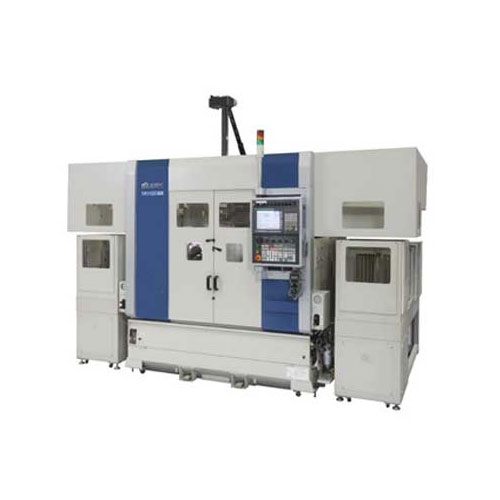Schedule a Call Back
Industry-Academia-Government Transforms MSMEs: Saravanam J
 Articles
Articles- Feb 18,25

Related Stories

Aimtron Secures First European Box-Build Order
Aimtron Electronics Limited wins its first European box-build order, marking entry into the European automotive and industrial markets.
Read more
Calcom Vision Reports Record Q3 and 9M FY26 Revenue, Strong YoY Growth
Calcom Vision Limited posts highest-ever 9MFY26 revenue at Rs 150.3 crore, with robust growth across lighting and EMS segments.
Read more
Mahindra Expands Advanced R&D and Testing Facilities at Chennai MRV
Mahindra & Mahindra invests Rs 1,960 million to expand its Advanced R&D and testing facilities at Mahindra Research Valley, creating 2,000 new jobs and reinforcing Chennai as an innovation hub.
Read moreRelated Products

Digimatic Smart Caliper
Veekay Industries offers a wide range of digimatic smart caliper.

Compact Fmc - Motorum 3048tg With Fs2512
Meiban Engineering Technologies Pvt Ltd offers a wide range of Compact FMC - Motorum 3048TG with FS2512.

Digital Colony Counter
Rising Sun Enterprises supplies digital colony counter.











